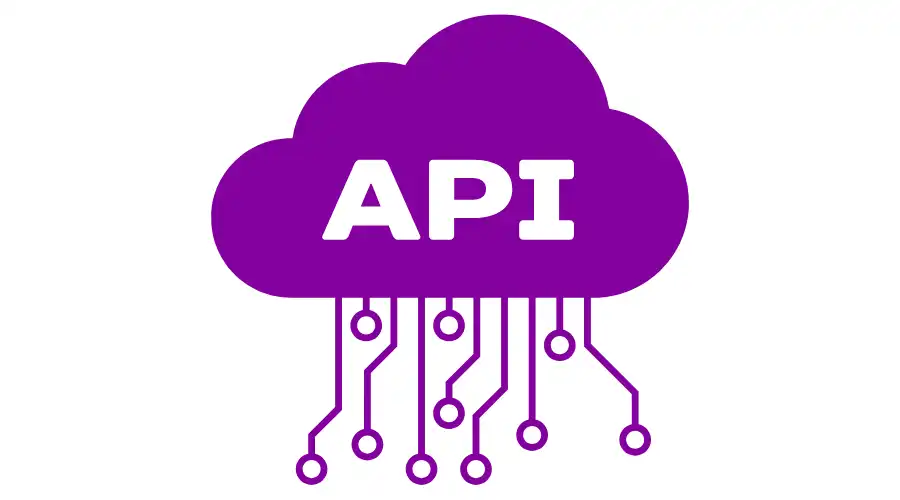Kenya’s digital landscape is rapidly evolving, driven by the widespread adoption of mobile money and digital financial services. This growth, however, brings with it the need for secure, efficient, and streamlined financial processes. At the heart of this transformation are Application Programming Interfaces, or APIs.
What are APIs and Why are They Important?
Think of APIs as digital bridges. They allow different software systems to communicate and exchange information seamlessly. This communication is crucial for a variety of functions, including:
- Bill Payments: Enabling businesses and individuals to pay bills directly through various platforms.
- Fund Transfers: Facilitating secure and efficient money transfers between different accounts and mobile wallets.
- Customer Verification: Streamlining the process of verifying customer identities for regulatory compliance and fraud prevention.
- Account Management: Providing real-time access to account information, such as balances and transaction history.
The Challenge for Businesses
Imagine Zawadi, a Kenyan entrepreneur running a thriving e-commerce business. She accepts payments through various channels, needs to verify customer identities, and manages utility bill payments for her suppliers. Without a cohesive solution, Zawadi faces the daunting task of managing multiple systems and providers, leading to inefficiencies and potential errors.
APIs: A Streamlined Solution
APIs offer a powerful solution by enabling businesses to integrate essential financial services directly into their existing systems. This integration eliminates the need for manual processes and reduces the complexity of managing multiple providers.
Benefits of API Integration:
- Increased Efficiency: Automate tasks and streamline workflows, saving time and resources.
- Enhanced Security: Implement robust security measures to protect sensitive financial data.
- Improved Customer Experience: Offer convenient and seamless payment options to customers.
- Reduced Costs: Eliminate the need for multiple systems and providers, reducing operational costs.
- Scalability: Easily adapt to changing business needs and scale operations as required.
Beyond Payments: A Holistic Approach
APIs are not just about payments. They can also be used for a wide range of other financial services, including:
- Know Your Customer (KYC) Verification: Ensure compliance with regulatory requirements and prevent fraud.
- Account Services: Provide real-time access to account information and transaction history.
- Airtime Sales: Offer convenient airtime top-up options to customers.
Choosing the Right API Solution
When selecting an API solution, consider factors such as:
- Security: Ensure the platform offers robust security measures to protect sensitive data.
- Reliability: Choose a provider with a proven track record of uptime and performance.
- Scalability: Select a solution that can adapt to your growing business needs.
- Ease of Integration: Look for a platform with clear documentation and developer-friendly tools.
- Support: Ensure access to reliable technical support for assistance with integration and troubleshooting.
The Future of Finance in Kenya
As Kenya’s digital economy continues to expand, APIs will play an increasingly vital role in driving innovation and efficiency. By embracing API integration, businesses can streamline their operations, enhance customer experiences, and unlock new opportunities for growth. Some platforms, like Jenga API offered by Finserve Africa, provide a comprehensive suite of APIs designed to simplify financial transactions, offering services ranging from fund transfers to customer verification.
Also Read: Moringa School Partners With M-PESA and Safaricom to Offer API Training and Certification in Africa



